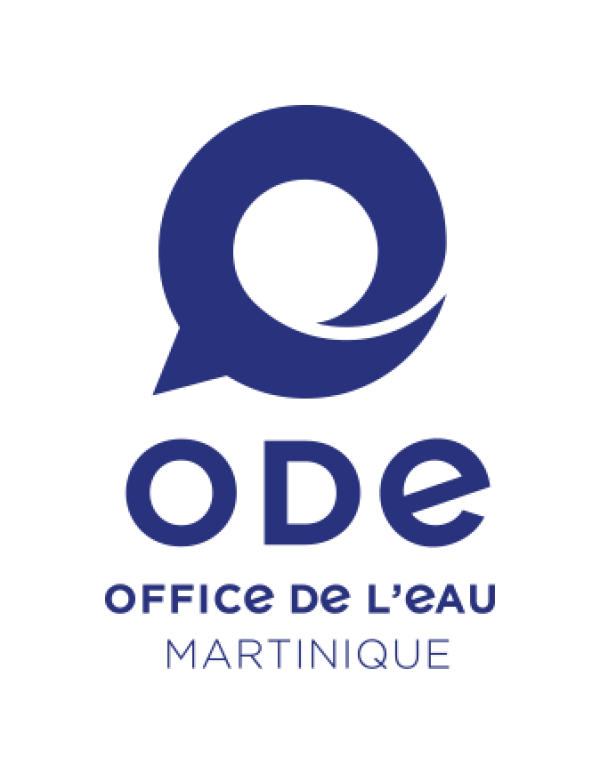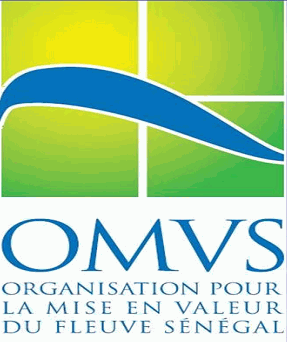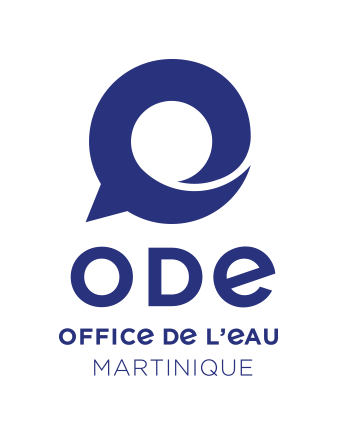
The experimentation proposed in the framework of the Brottes law has enabled some forty local authorities to implement a social policy for access to water services. This social policy aims to limit the rate of water poverty: a household is said to be "water poor" when the weight of the water bill exceeds 3% of the household's available income. Tariff, non-tariff, preventive and curative measures are proposed to reduce the burden of the water bill and facilitate payment conditions. These include: social and differentiated pricing according to users' income levels, free delivery of the first "vital" cubic metres, preventive and curative water vouchers, measures to control water consumption, debt relief measures, monthly billing, etc. In Martinique, incomes are 30% lower than in metropolitan area and at the same time, the water bill is 30% higher than in metropolitan area. This "scissor effect" leads to a very high rate of water poverty: depending on the territory, between 40% and 60% of households are said to be water poor.
Social policy
Sanitation
Pricing of services
Evaluation of the feasibility of a social water policy in the Martinique basin, definition of the strategy and support in its implementation:
• Diagnostics: social audit of households, diagnosis of users' water consumption, audit of the management of unpaid bills by water services
• Socio-economic analysis - Tariff modelling
• Proposal: definition of social policy scenarios for access to water: tariff and non-tariff, preventive and curative measures
• Decision-making support: assisting local authorities in choosing a social policy scenario
• Implementation: Support to communities in the implementation of the selected scenario






